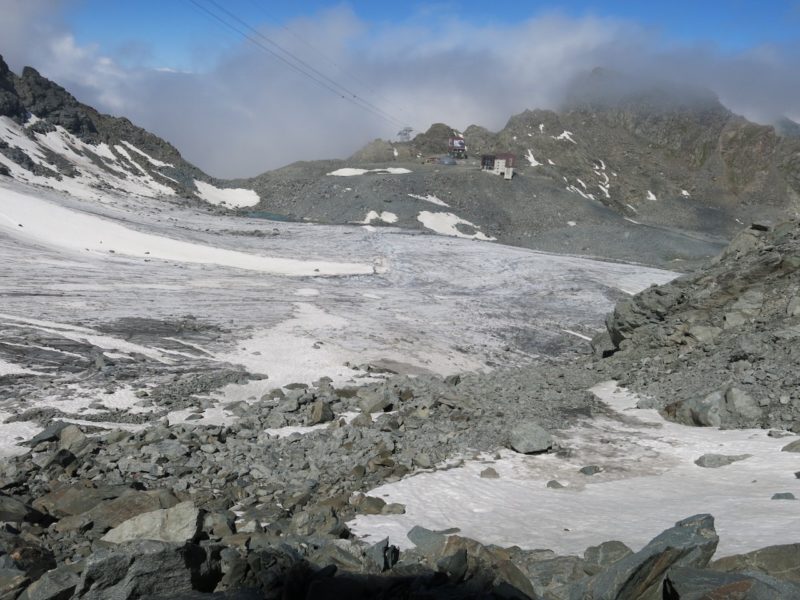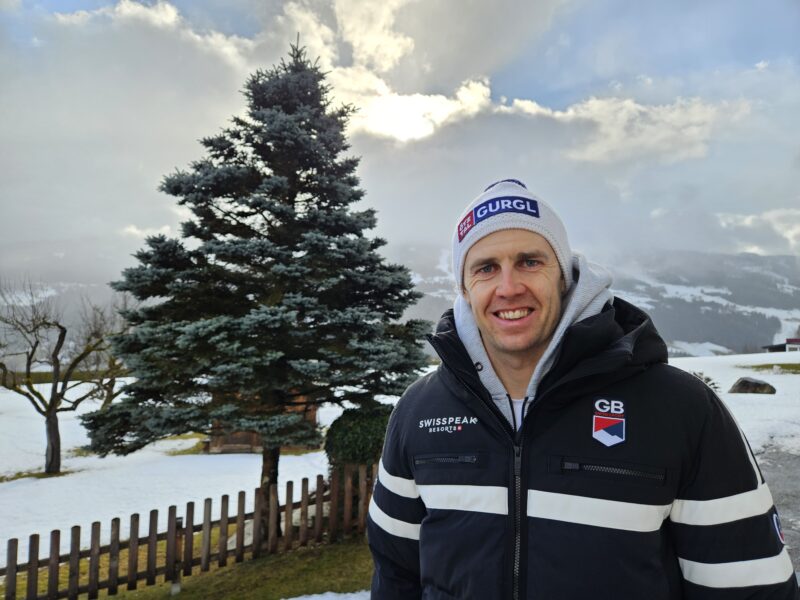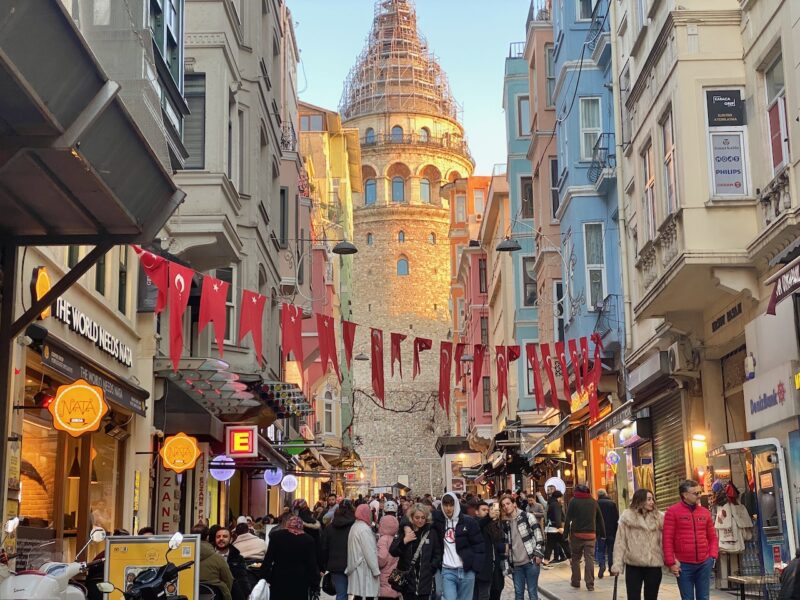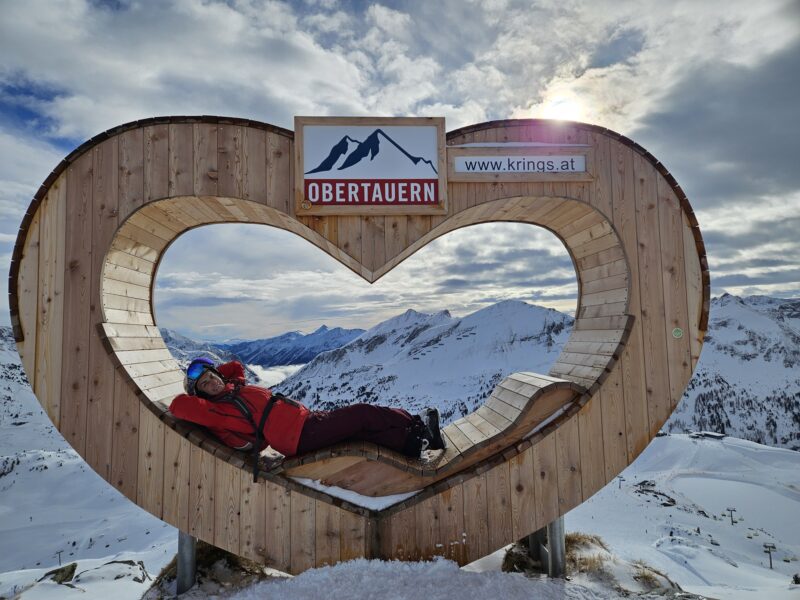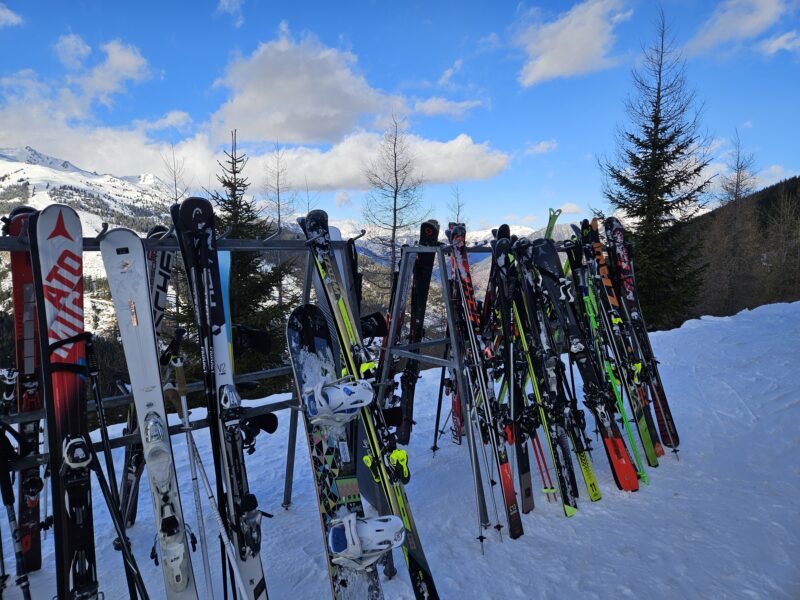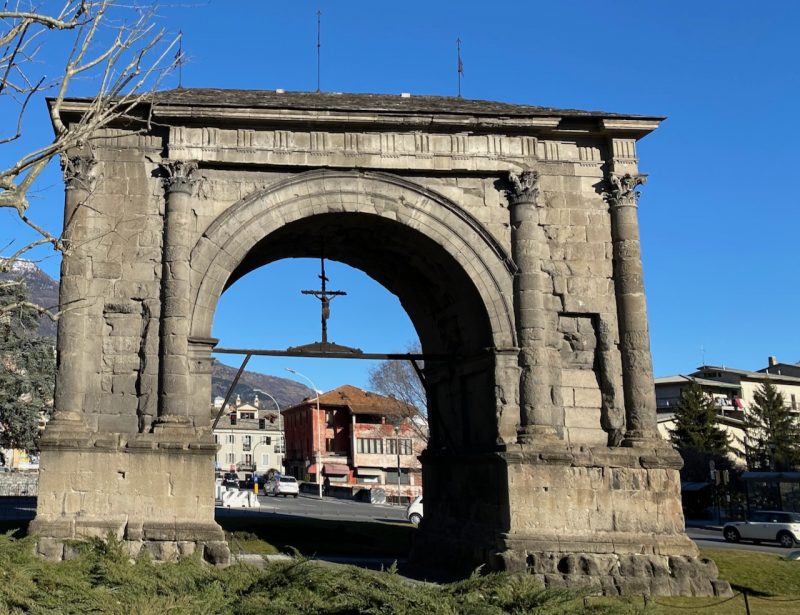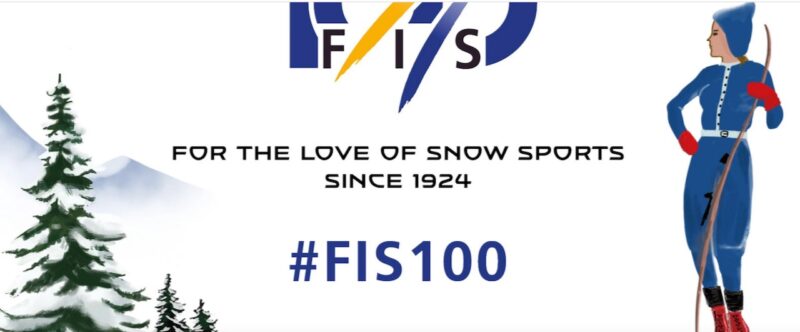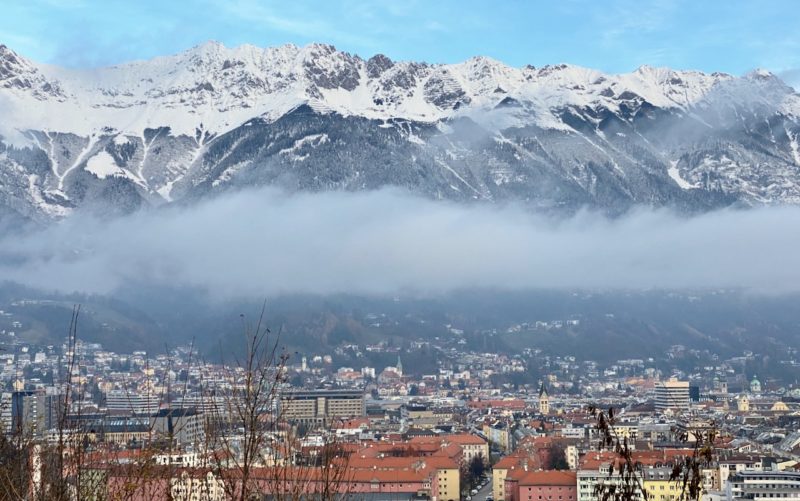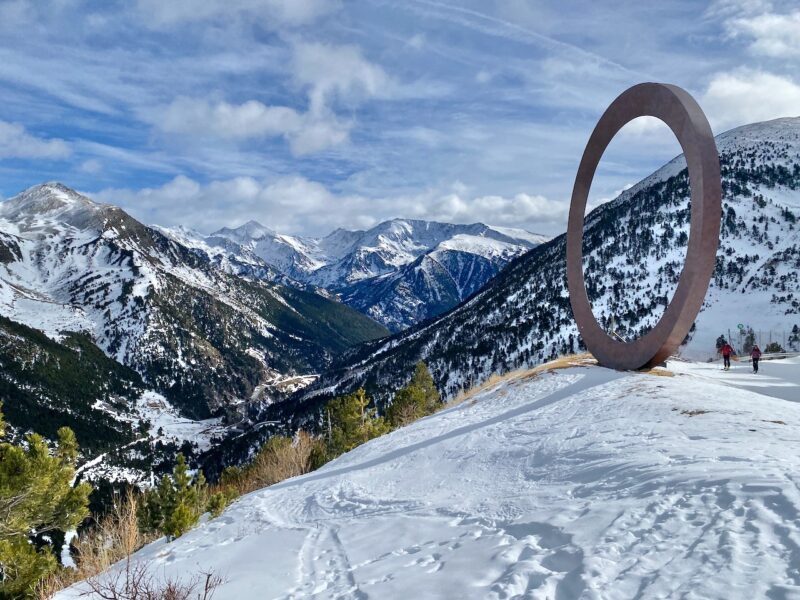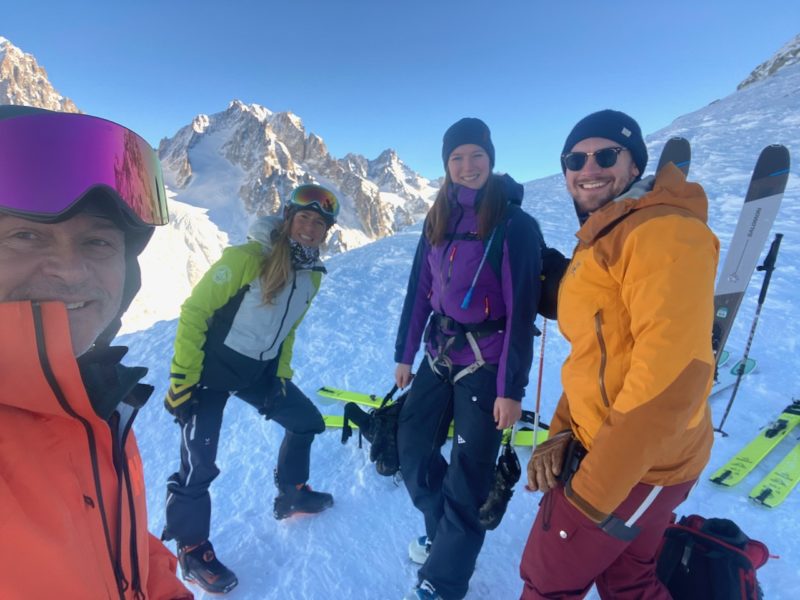What’s Happening in Ski Resorts in Eastern Europe in Covid-19 Times?
18th February 2021
Last modified on May 20th, 2021
Resorts in Poland have opened with government backing, those in the Czech Republic have also opened but the authorities wanted them to stay closed. Plus we look at Bulgaria, Slovakia and Slovenia.
Poland
The ski resorts in Poland were allowed to open last weekend.
The country has recently done well in its battle with Covid-19 and currently has 100 new daily confirmed cases per 100,000 of population over a 7-day period.
Poland allowed its ski slopes to reopen last Friday for a two-week trial period.
Polish authorities have warned that tighter restrictions will be brought back if Covid-19 cases rise as a result of people disregarding social distancing rules.
There is already talk of the restrictions being re-introduced.
The main ski resort of Zakopane opened and 20,000 people descended on the resort with reports of many people not social distancing or wearing masks.
Here was the scene in the centre of town on Saturday night:
According to the Reuters news agency there was also dancing, drinking and fighting.
Cinemas, theatres and hotels are now allowed to open at 50% capacity.
Restaurants are only allowed to serve take away food and wearing masks is mandatory.
“The operation of large ski resorts from mid-February to the end of March… will allow us to survive until the next winter,” said Michal Slowioczek, a spokesman for the Szczyrk Mountain Resort, to TVN 24.
Earlier this month some ski resorts in the Tatra mountains in Poland reopened as part of an anti-lockdown protest.
Poland has had 8,694 new coronavirus cases in the previous 24 hours – the highest number since 14th January.
The number of new infections was 68% higher than the previous day.
On Tuesday, Poland’s health minister Adam Niedzielski said the epidemic is back on the rise again following the recent easing of restrictions.
Poland is among the EU countries with the fastest vaccination rates.
To date, 2.23 million people – about 5.9% of the population – have been vaccinated, with 691,380 of those already receiving both doses.
The Czech Republic
In the Czech Republic some ski resorts reopened on Monday as an Emergency Decree keeping them closed expired.
The government had wanted to extend the Decree, but it was defeated in parliament.
The Czech Republic has one of the highest rates of coronavirus in Europe – 495 confirmed cases per 100,000 of population over a 7-day period.
It also has one of the highest death rates of anywhere in the world with 16,976 deaths from a population of 10.7m.
The night-time curfew and limits on the freedom of movement and gatherings ended automatically as the decree expired.
Some ski resorts have opened their lifts.
Schools, pubs and restaurants are set to remain shut under public health legislation.
Earlier under the decree people were able to go cross-country skiing, sledding or snow-shoeing
When the lifts were shut some resorts provided other ways for people to get up the mountains.
Germany closed its border with the Czech Republic on Sunday due to its high number of cases.
Long traffic queues built up at the Czech-German border, including many lorries with goods vital to the German economy.
Germany is in lockdown until 7th March and entry is being limited to lorry drivers, medics and those with residence permits
The border closure has also led to World Cup cross country ski races being cancelled.
They were due to take place in Nove Mesto, February 20th – 21st.
The next races were due to be held in German from February 25th to March 7th.
The new German border regulations would mean quarantine would be required for athletes and the teams and it had been indicated to the Czech Ski and Snowboard association that they would not get any exemption.
“After talks with the International Ski Federation FIS we have decided the World Cup (event) next weekend in Nove Mesto will not take place,” Czech association official Lukas Sacher said in the statement.
Organisers said they were discussing moving the event to March.
Bulgaria
It currently has 85 new daily confirmed cases per 100,000 of population over a 7-day period.
It is the success story of the eastern European ski nations with low cases of covid-19 and open slopes.
The ski lifts remain turning and we re-produce the rules for the ski areas below
“Don’t forget to follow the mandatory anti-epidemic measures in the resort,” said Pamporovo.
Gondola lifts, chair lifts and ski lifts
Tourists must cover their mouth and nose during their stay in the gondola, as well as in all spaces of the lift stations by a protective mask.
This will also apply to all lifts, drag lifts, magic carpets in the beginners area, as well as in front of the cash desks, where lift passes are purchased.
In case needed the number of passengers in lift gondolas may be reduced at the discretion of the operator.
The gondolas should be disinfected on schedule at least three times a day with detergents that are authorized by the Minister of Health for product type 2.
Disinfectants for hands approved by the Minister of Health must be placed at specifically marked places before and after the use of the gondola lift.
The operation of the gondola lift should be carried out at open windows in order to assure air ventilation.
Stickers showing a face with a protective mask should be placed in each gondola.
The distance between passengers in the queues for the lifts should be at least one meter.
Restaurants in the ski areas and ski lockers
Restaurants on the territory of the ski areas should follow the adopted Guidelines for Operation of Catering Establishments in the Conditions of Danger of Infection with COVID-19 in Bulgaria – version 7.
On the territory of the ski lockers it is obligatory to cover the mouth and nose with a mask and applying hand sanitizers approved by the Minister of health on designated places.
Regular disinfection of all contact surfaces will be carried out.
An organization should prevent gatherings of people and assure a physical distance of 1.5 m between the users of the services.
Ski schools
The activities of ski schools must be subject to strict rules: the groups can consist of maximum 10 people.
Persons in a visible unhealthy condition are not allowed to participate ski or snowboard lessons.
Relocation of persons from one group to another or combining groups is not allowed.
The training in the ski schools must comply with the requirement for physical distance between guests and instructors.
Persons should cover mouth and nose by a protective mask.
Before starting the training there should be a “filter” (measuring the temperature for teachers involved in the process, ski school staff and all students).
The distance between the students during their training should not be less than 1.5 m.
The individual form of training is recommended and is considered to be the safest.
Awareness
There should be information signs and screens and other information materials with instructions and rules that must be observed at all spots where there is a significant flow of tourists – cash desks, stations of ski facilities, parking lots, ski lockers, receptions, etc.
If any questions occur tourists should ask for assistance the employees of the tourist site, who must be familiar with safety measures.
Protective face and nose masks must be worn in the following places in the resorts:
1. Public transport, shuttle buses, taxis
2. Pharmacies, polyclinics, clinics, hospitals, social homes, nursing homes
3. Shops and all retail outlets
4. Banks, post offices and all public institutions
5. Tourist information centers
6. In restaurants before and after food consumption
7. All closed public places
The most important rules that must be followed by all:
1. Observance of at least 1.5 meters distance from strangers
2. Proper wearing of the face protection mask in indoor public places
3. Do not shake hands when greeting
4. Cover your nose and mouth or wear a protective mask when you are surrounded by many people
5. Wash your hands often
6. Sneezing and coughing should be done in the curve of the elbow or in a handkerchief
7. Regular ventilation of enclosed spaces
8. If symptoms occur or if you feel sick, do not go out and do not meet other people
In case a tourist feels sick:
1. Avoid contact with other people
2. The person has to stay at her/his accommodation and inform the manager or receptionist, ask for assistance and for contact with a medical institution or contact phone nr. 112.
These measures may be changed at any time in the event of significant changes in the epidemic situation.
Borovets is also open.
And the other main resort of Pamporovo is open.
Slovakia
It currently has 236 new daily confirmed cases per 100,000 of population over a 7-day period.
The main resort of Jasna has been closed since January 1st.
“Based on the current government decision to tighten preventive measures, we are closing the operation of the ski resort from 1 January 2021,” said the resort at the time.
The snow has remained falling.
“The situation in tourism is really alarming and we are fighting for survival,” said the resort of Jasna.
Slovakia has tightened its border controls as the country continues to see a high coronavirus death rate.
Those entering Slovakia now have to self-isolate for 14 days, the health ministry said.
Cross-border workers are exempt but will have to show a negative test that is not older than 72 hours.
Slovenia
It currently has 275 new daily confirmed cases per 100,000 of population over a 7-day period.
“The cable cars at the Krvavec ski resort are in operation,” says a statement from the resort on its web site.
The main resort of Kransjska Gora is open with testing facilities on site.
An opposition motion of no confidence in Slovenia’s government for its handling of Covid and for alleged undemocratic behaviour has failed by six votes.
Opposition MPs accused PM Janez Jansa of trying to turn Slovenia into an “authoritarian democracy”.
The resort of Kobla-Bohinj remains closed.
